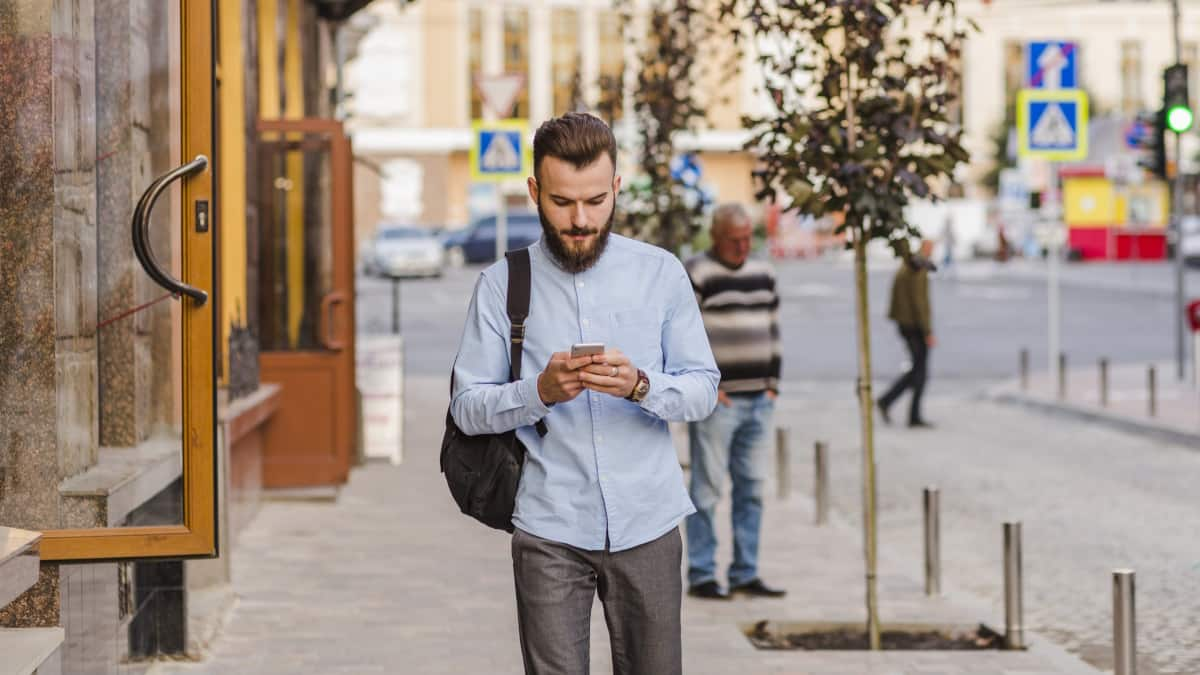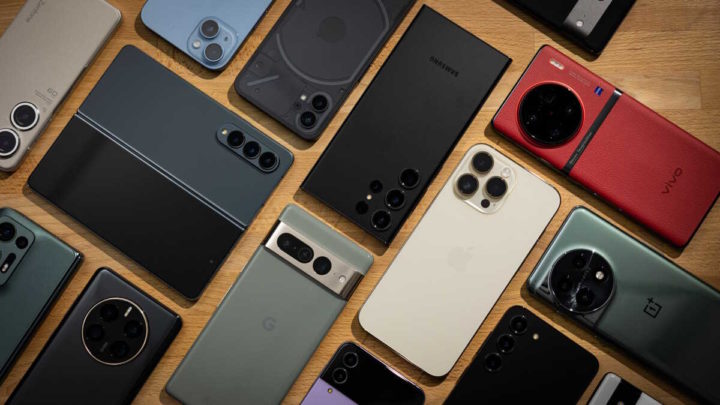The dispute between Android and iOS is generating controversy, with both sides making strong arguments. Regarding the applications presented, one researcher sought to understand which of the two operating systems is more valuable to user security. Do you have any guesses?
The market knows that Apple builds high security barriers around its products. This specificity of the system pleases users, despite raising questions and stimulating rules signed by the European Union.
Android, in turn, is a more lenient operating system and will therefore be more vulnerable to violations.
Despite this “folk wisdom” regarding the two operating systems, Ernstas Napres, a journalist at Cybernews, decided to specifically understand their cybersecurity threats and vulnerabilities.
Between Android and iOS, the user comes and chooses
in PublishingHe shared the results of a security experiment in which he installed 100 apps from German app stores on a new iPhone and Android smartphone. Quoting Buildfire, on average, users have more than 80 apps installed on their devices and don't use a quarter of them after downloading.
Then leave the devices inactive and note how frequently foreign servers connect to it, as well as the location of these servers.
The fact that the app establishes a connection to an external server may mean that user data can be accessed by authorities in those countries, and perhaps their governments. It could also potentially put your privacy and security at risk.
Naprys reportedly left the Apple smartphone idle for five days and "recorded every outgoing connection the iPhone made to external servers." This resulted in an average of 3,308 requests being sent per day, compared to 2,323 requests for Android.
Interestingly, even though more requests were sent, the iPhone was more discriminating when the focus moved to where those requests were sent:
- 60% of iOS requests (and thus a significant portion of outbound traffic) went to Apple;
- 24% of Android requests (i.e. a small portion of traffic) went to Google.
For example, while iOS contacted a Russian server on average once a day, an Android device did so a further 13 times, a total of 39 times in three days.
Furthermore, the iPhone never connected to any server in China, despite installing several Chinese apps. In contrast, the Android smartphone connected to Chinese servers an average of five times a day.
The Apple device also performed better when it came to services known to have a questionable approach to user privacy:
- The iPhone connects to Facebook's servers an average of 20 times a day, compared to nearly 200 times a day on Android.
- The iPhone connected to TikTok 36 times in total — and even then, it accessed a ByteDance server that wasn't located in China — and the Android device connected to TikTok nearly 800 times.
According to Naprys, “All of the apps on the App Store had great platforms behind them and were more useful than the ad-supported flashlights, prank creators, or shady PDF viewers on Google Play.”
As he concluded, “no app in the Apple App Store can be considered blatant adware.”
[...] This may also be due to Apple's stricter policies for developers in its closed ecosystem regarding privacy in general.
In conclusion, none of the operating systems achieved a flawless result. However, Naprys realized that an iPhone would send fewer requests to questionable sites than an Android device.

“Wannabe internet buff. Future teen idol. Hardcore zombie guru. Gamer. Avid creator. Entrepreneur. Bacon ninja.”




